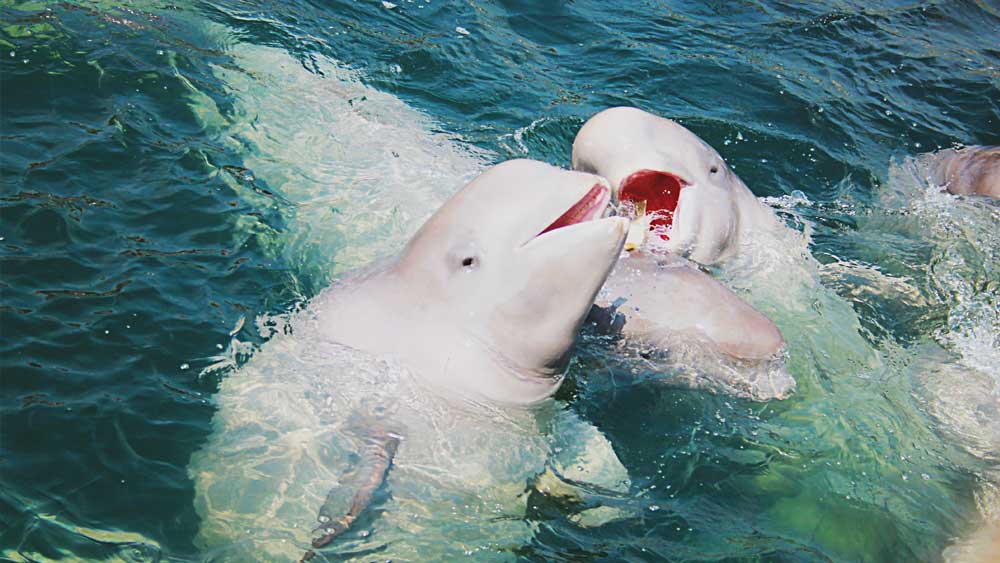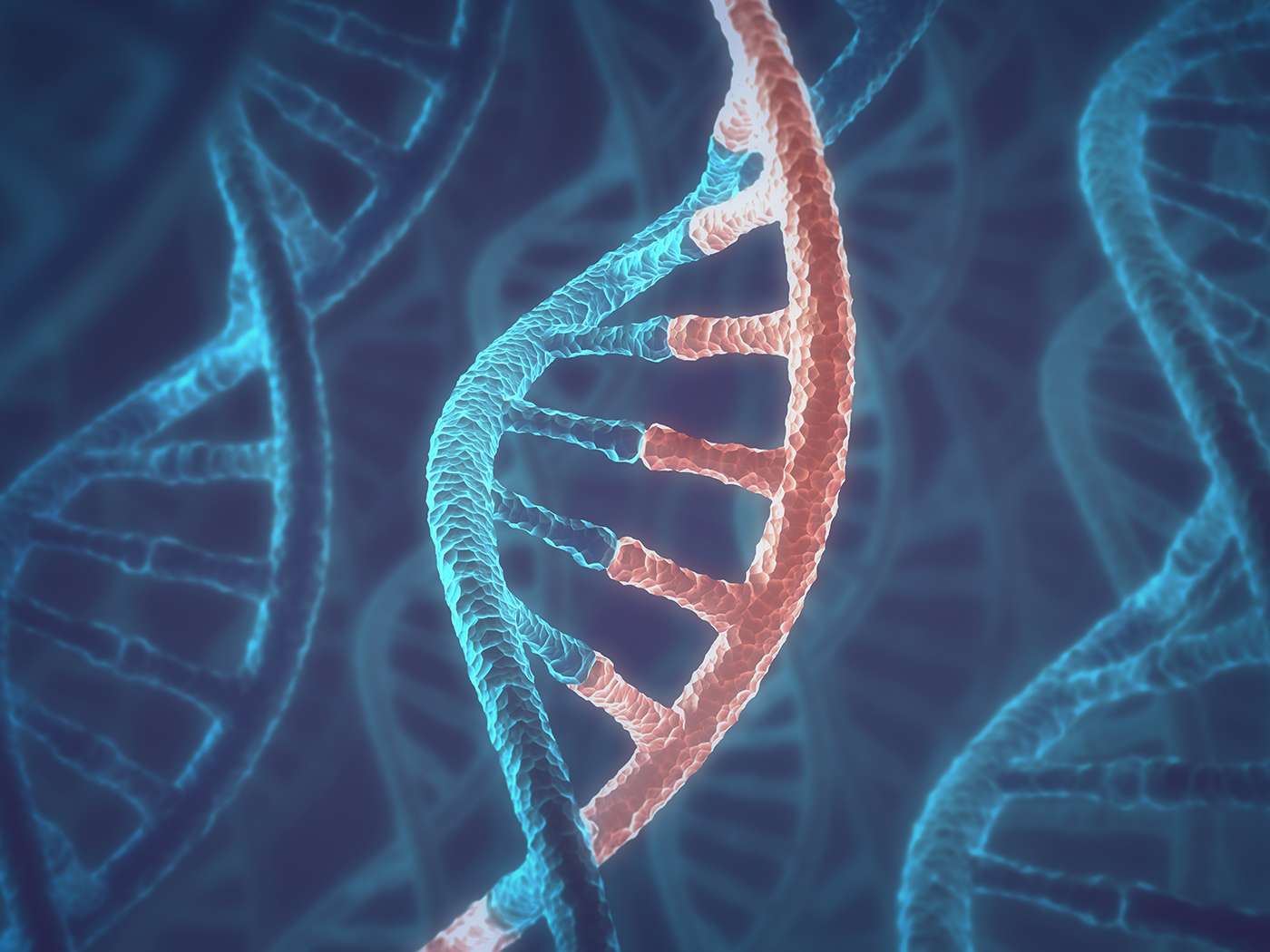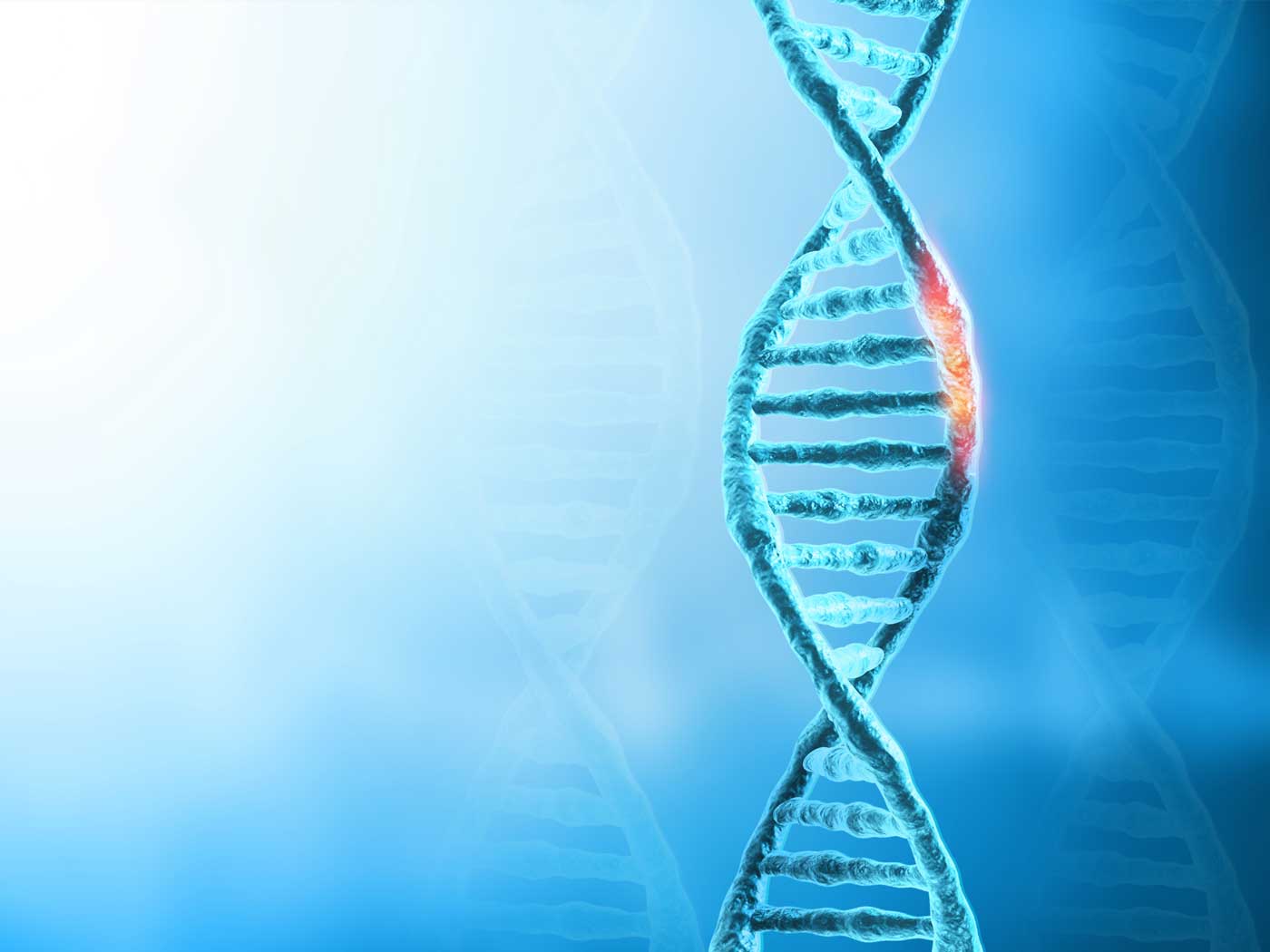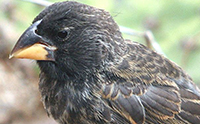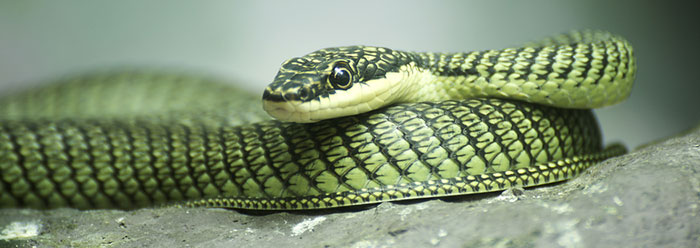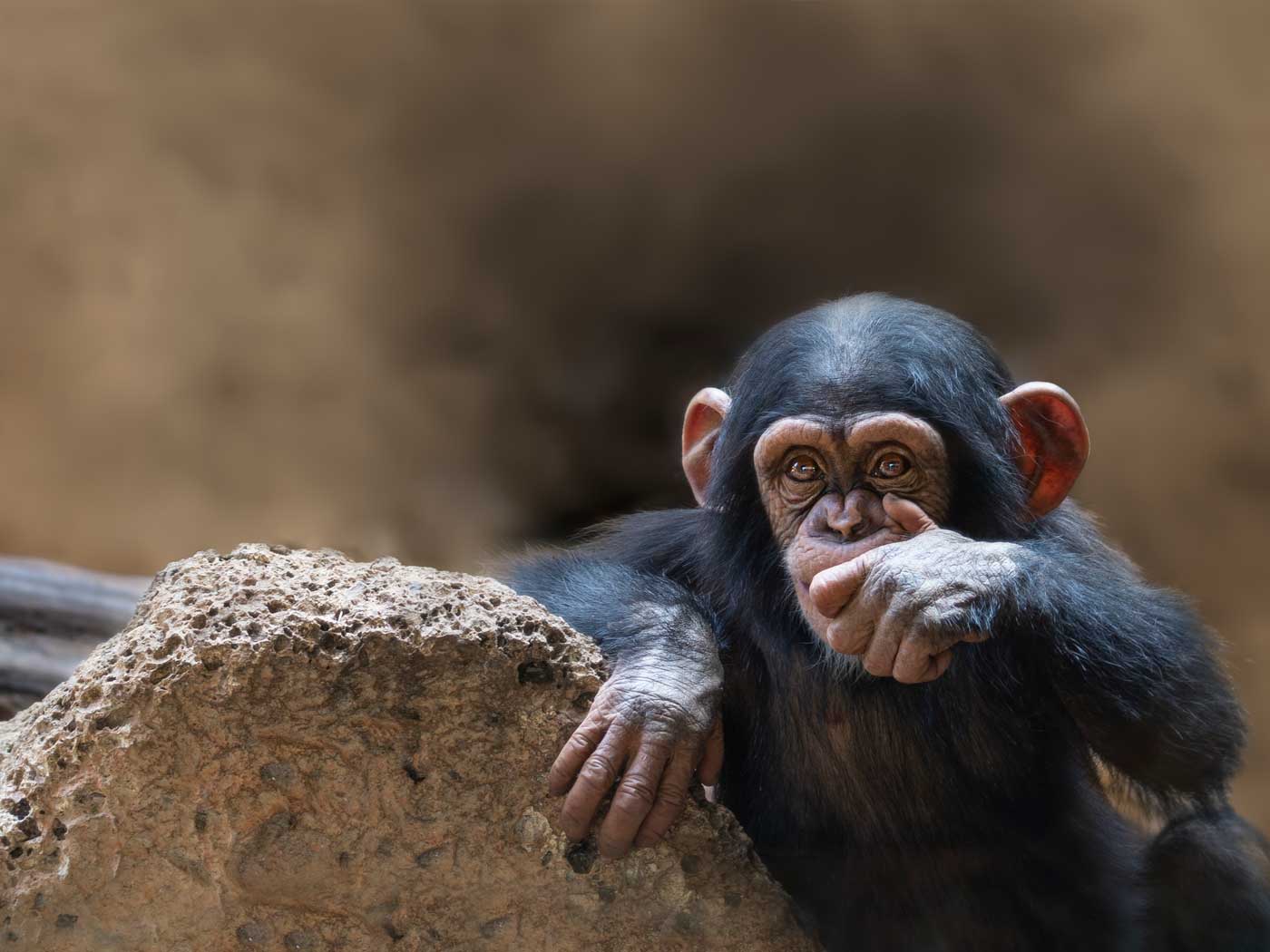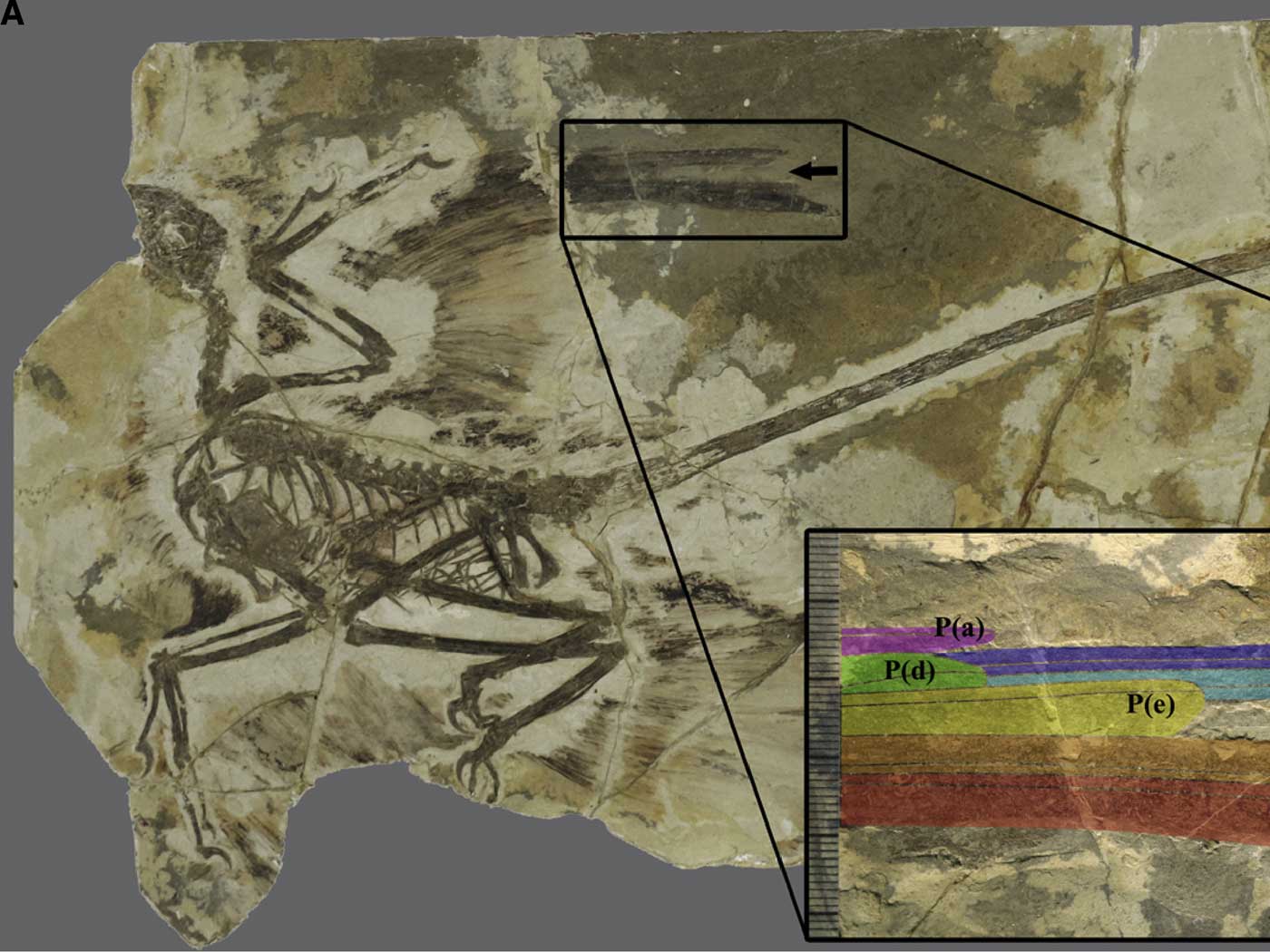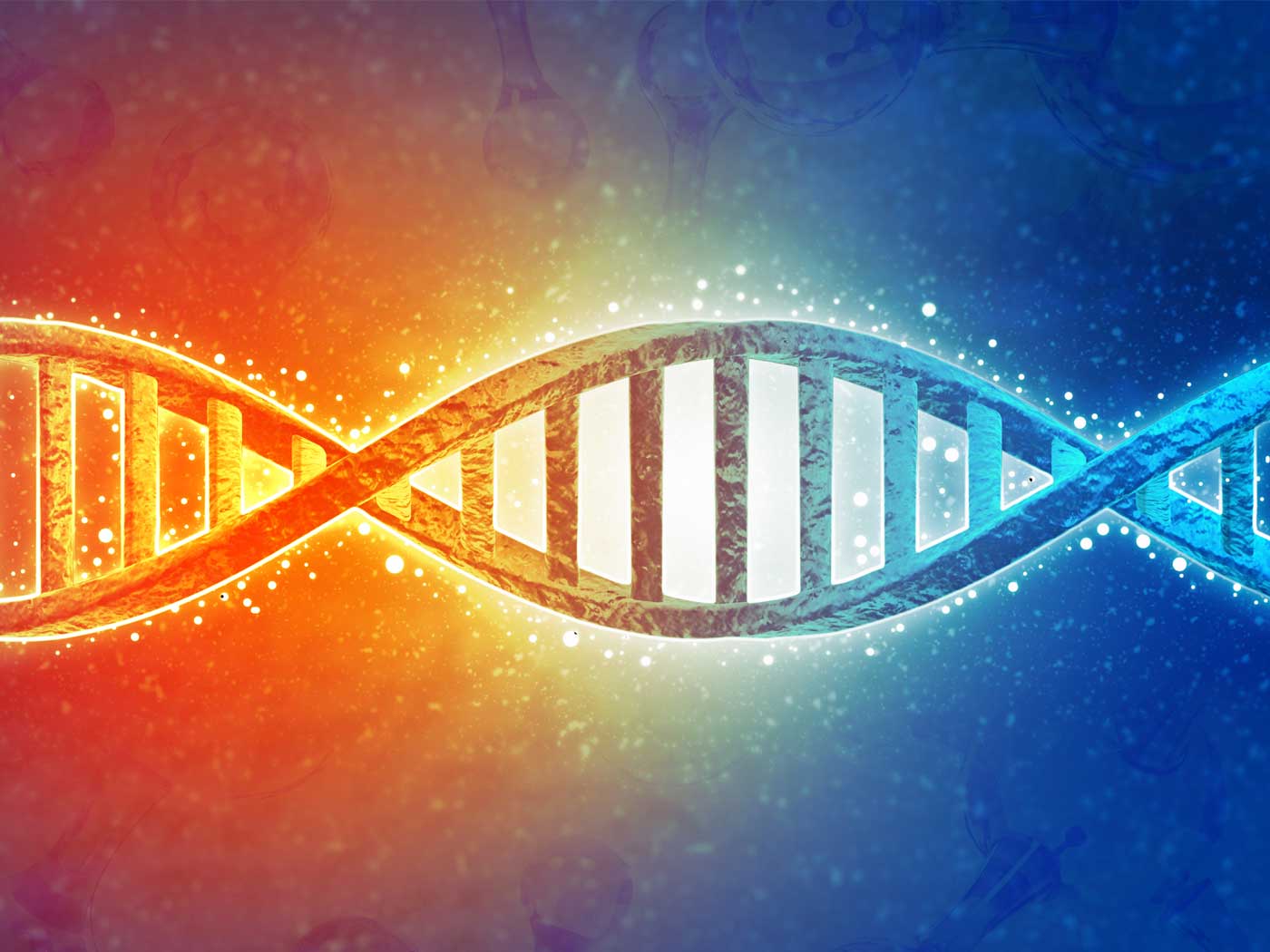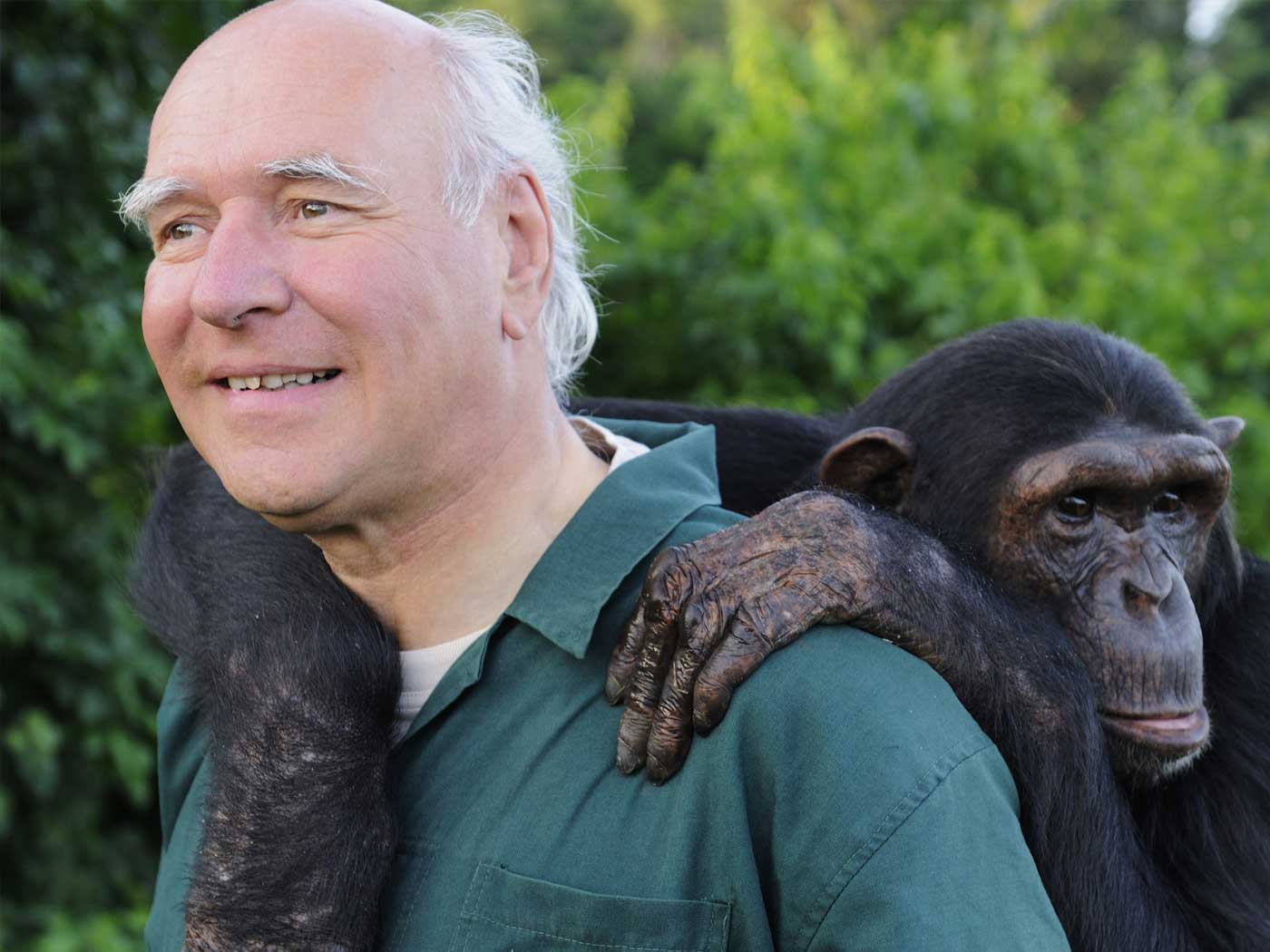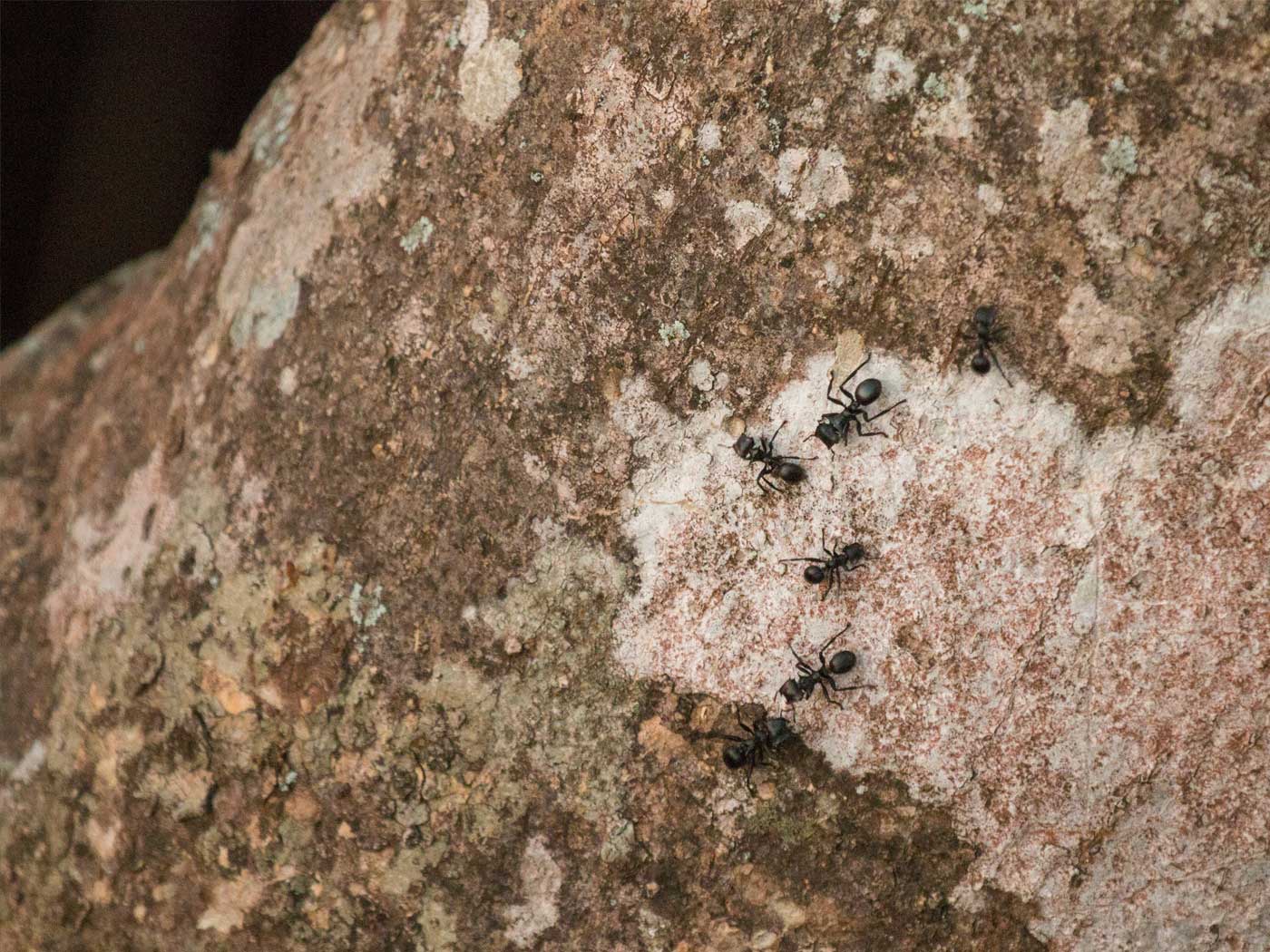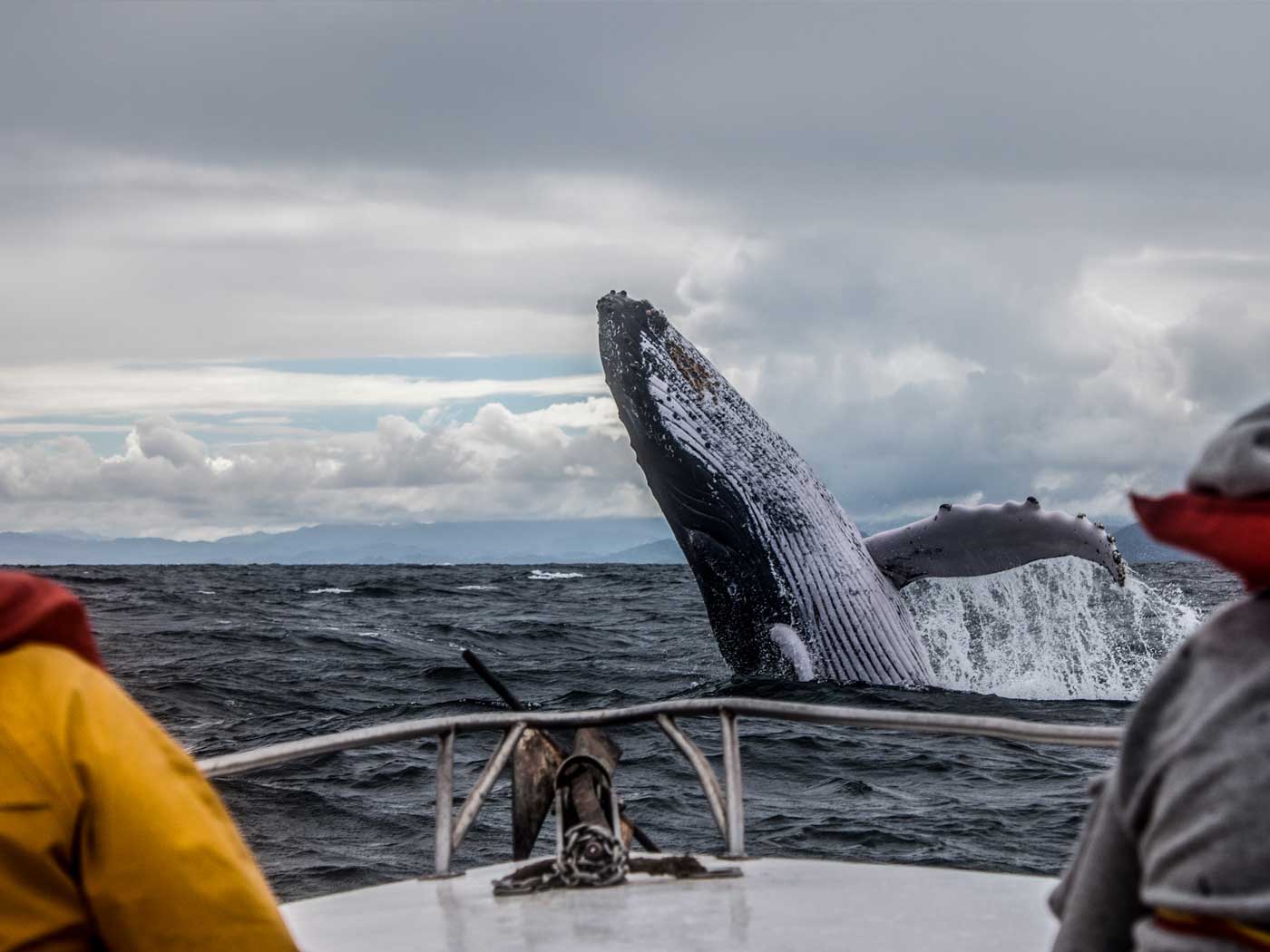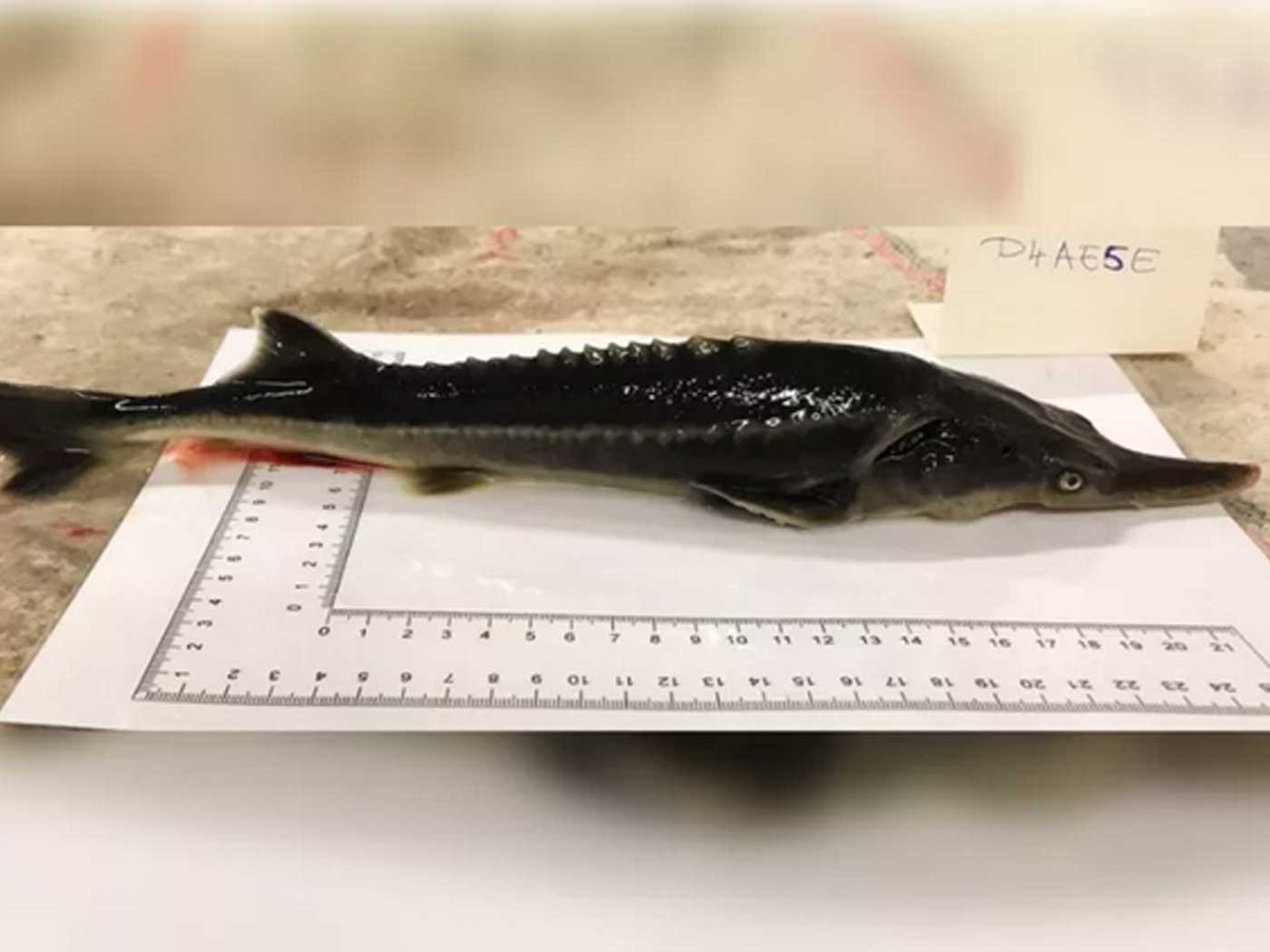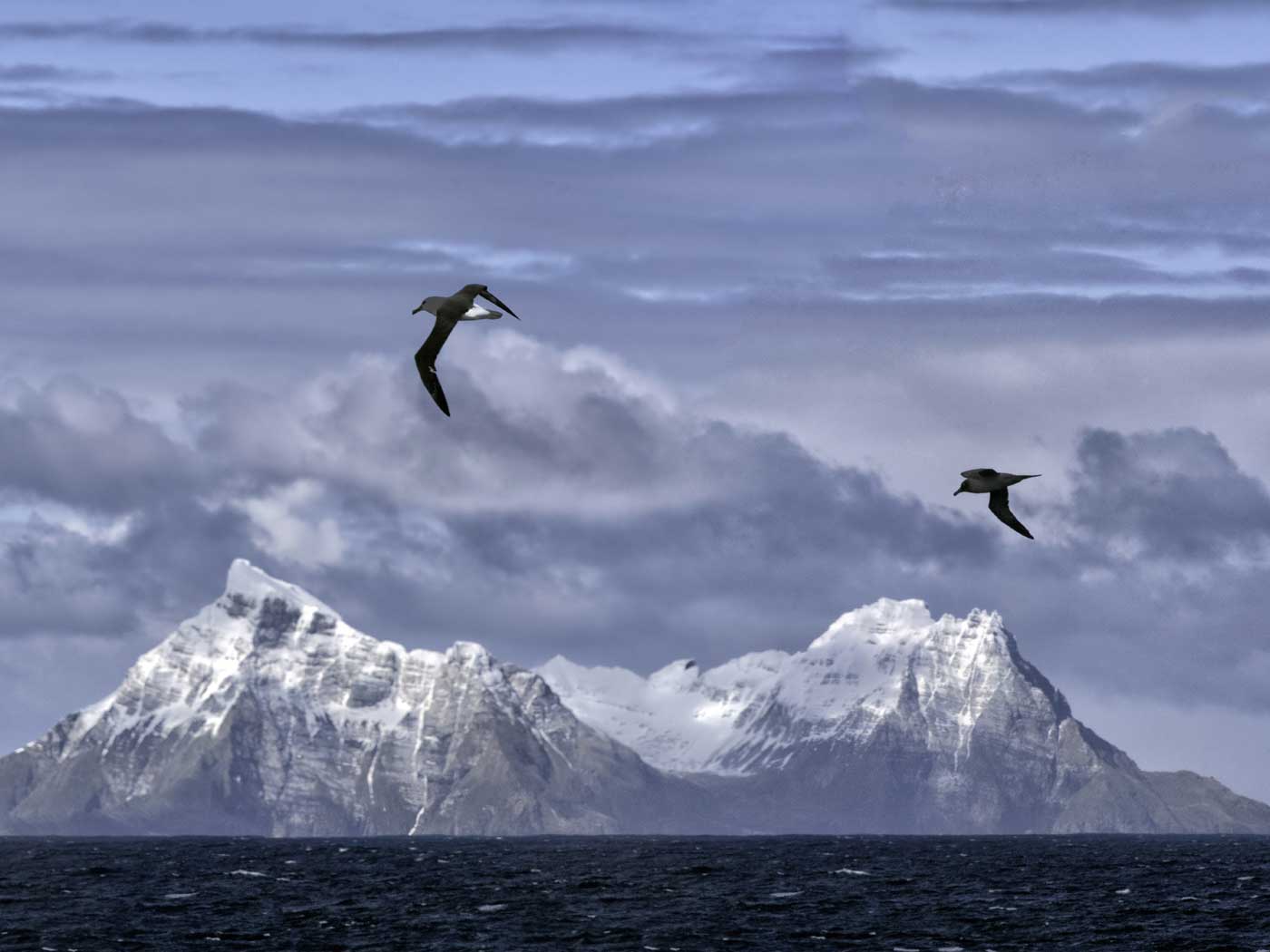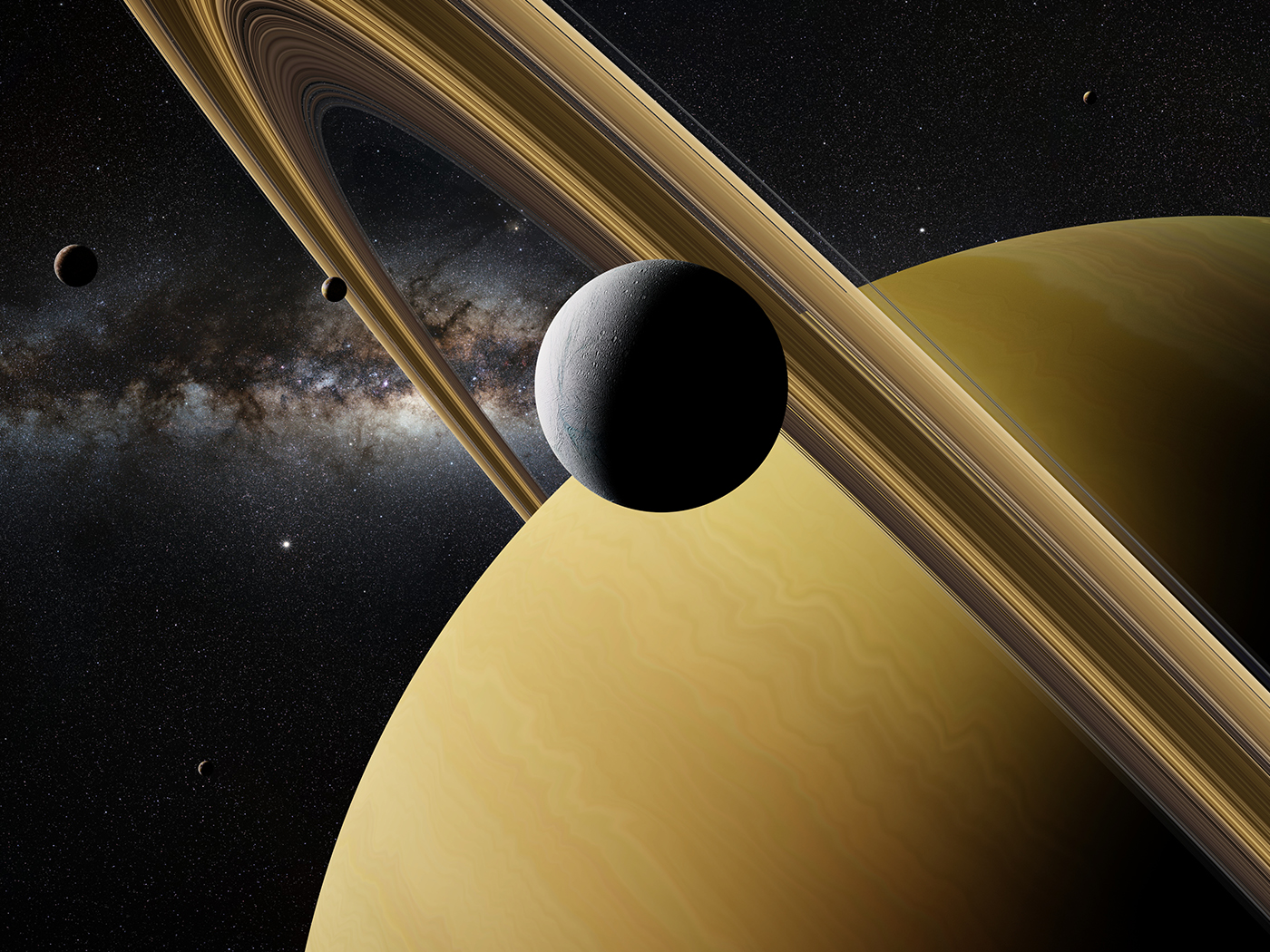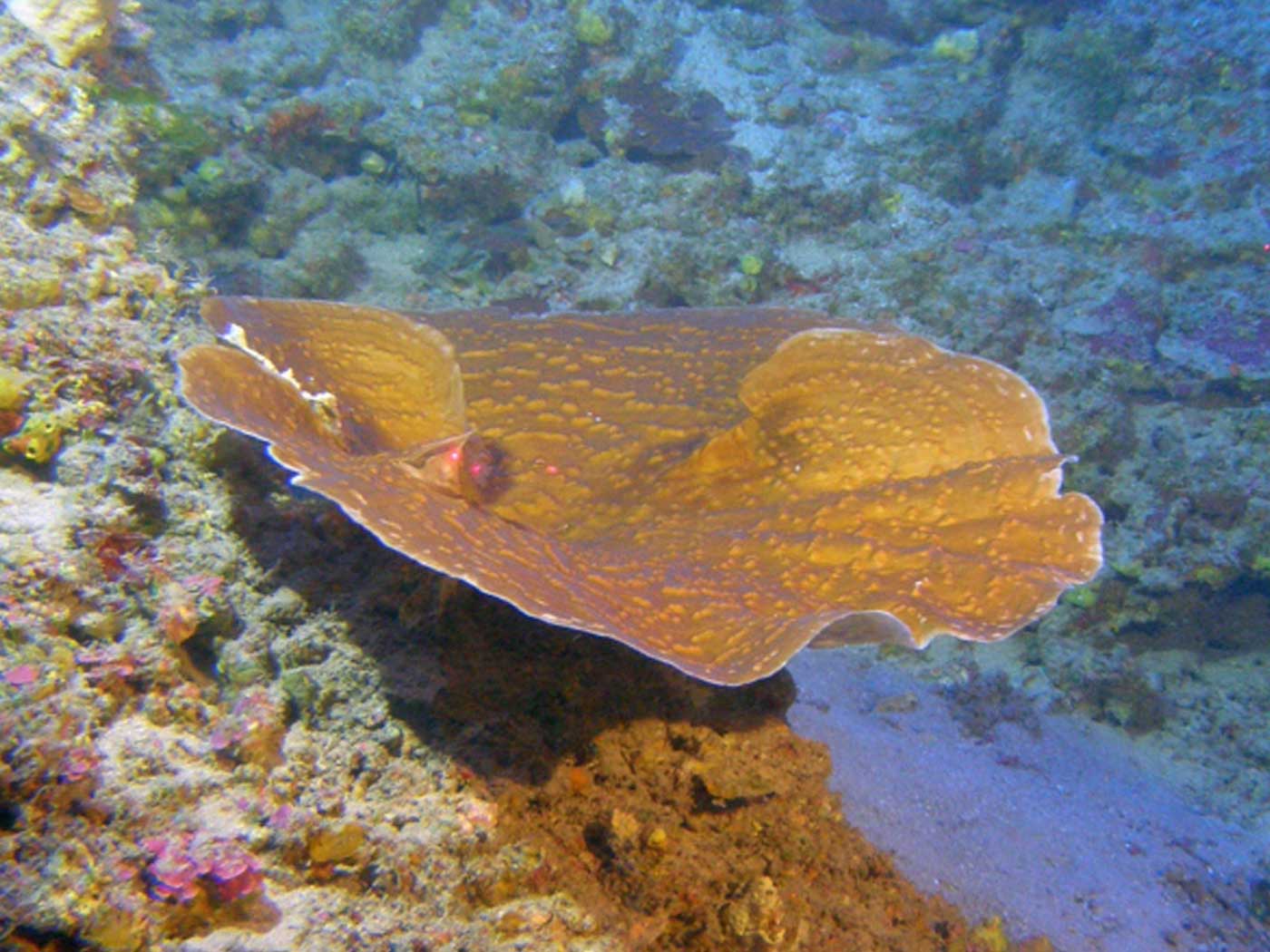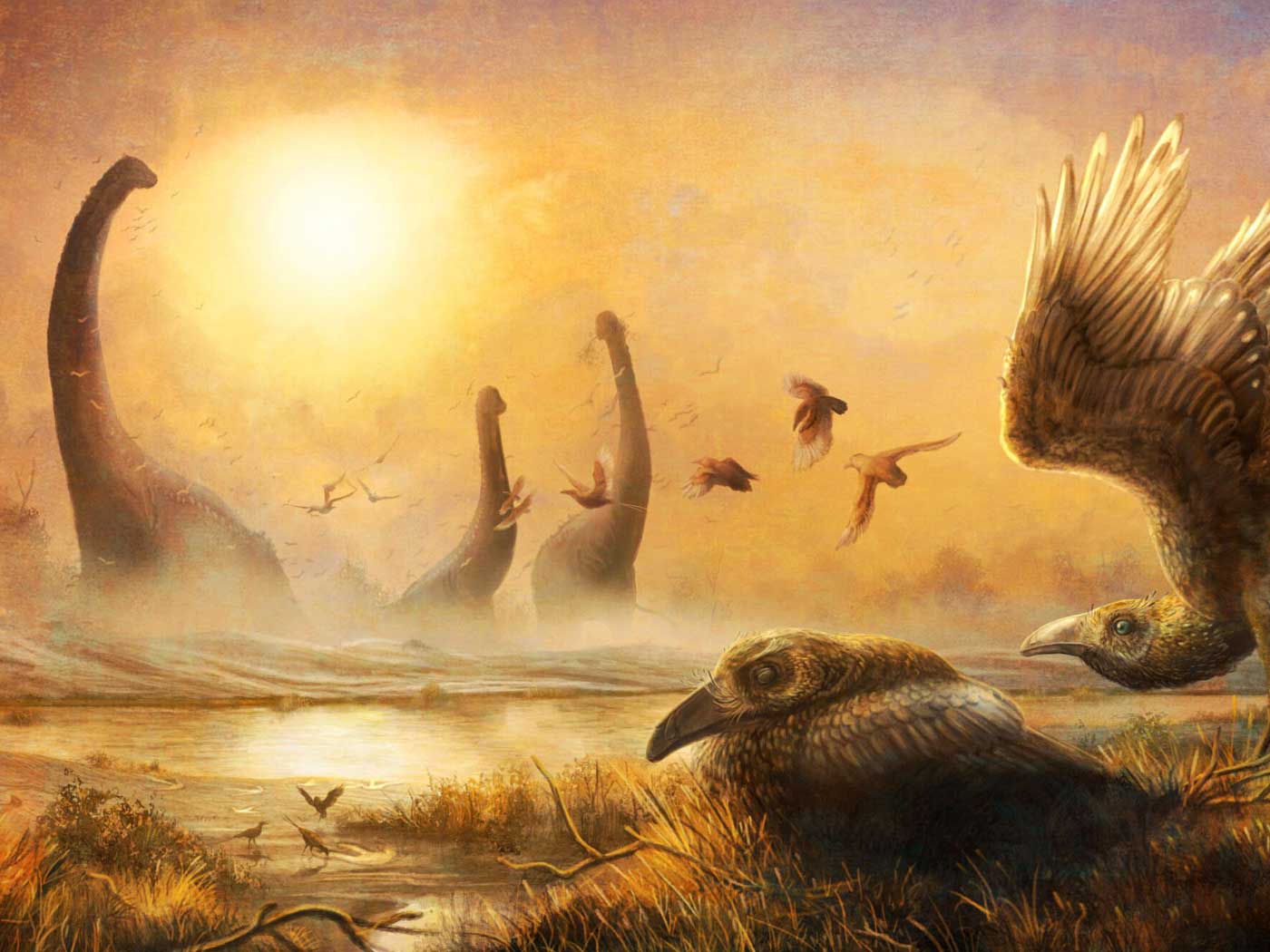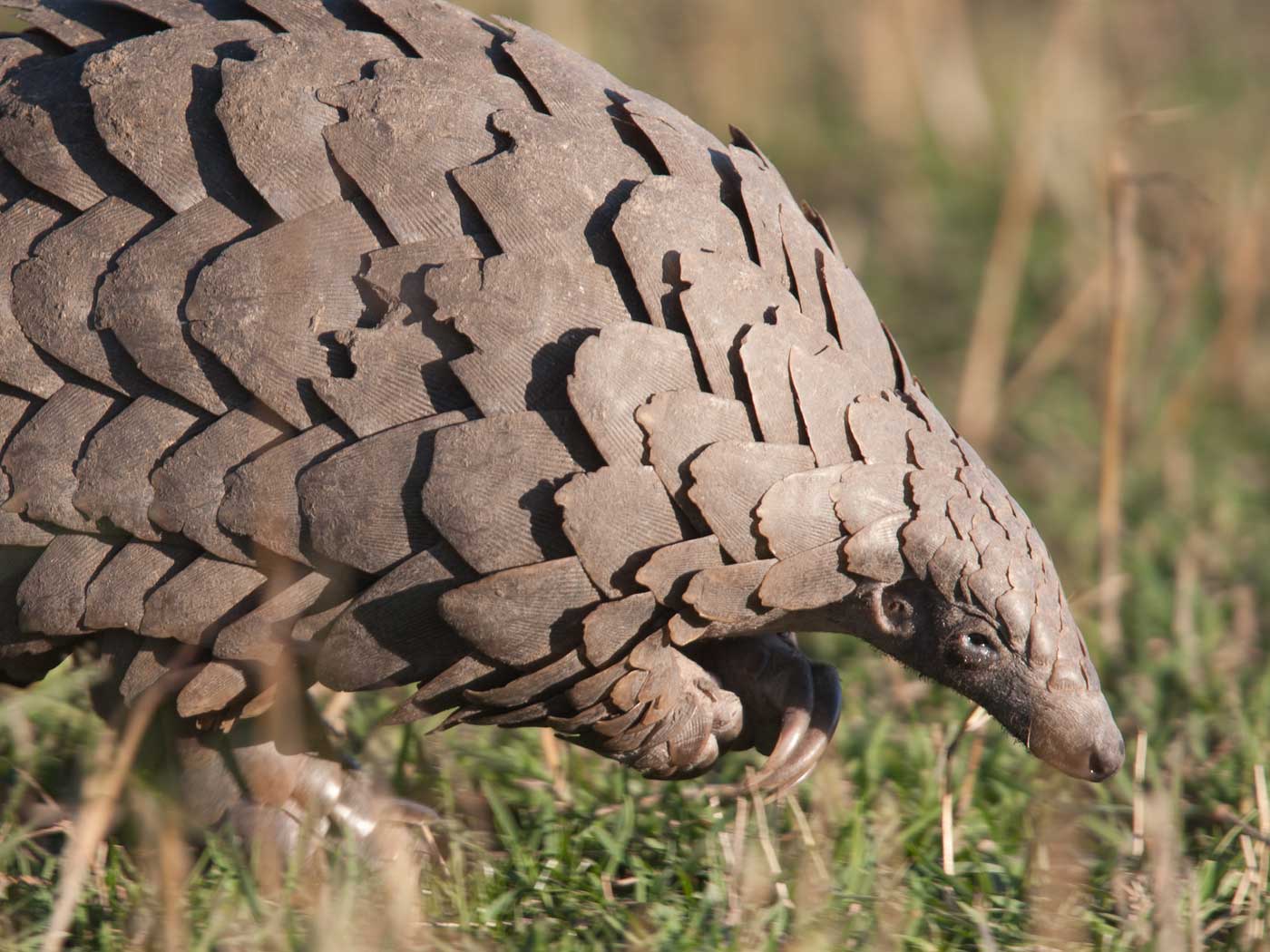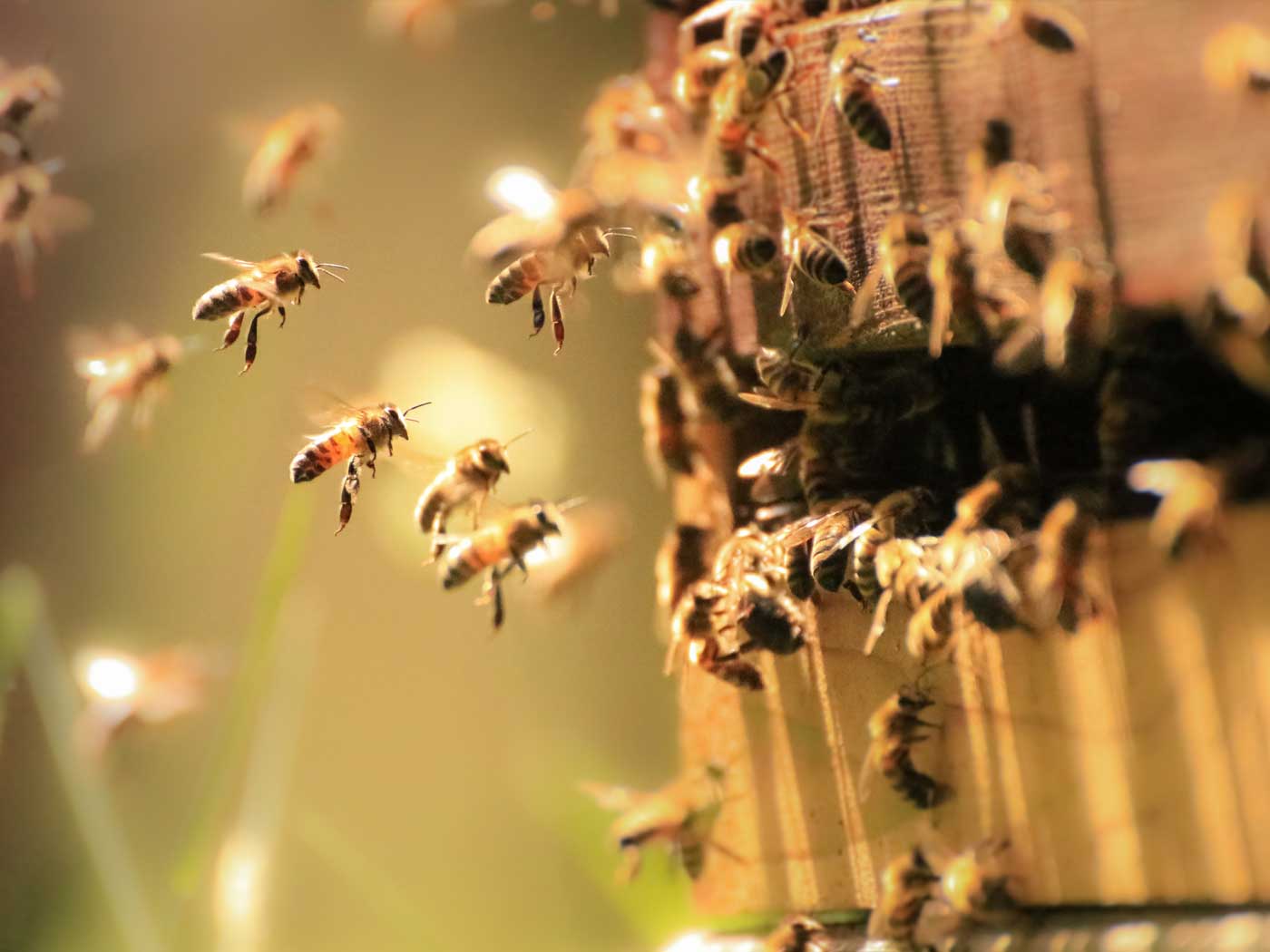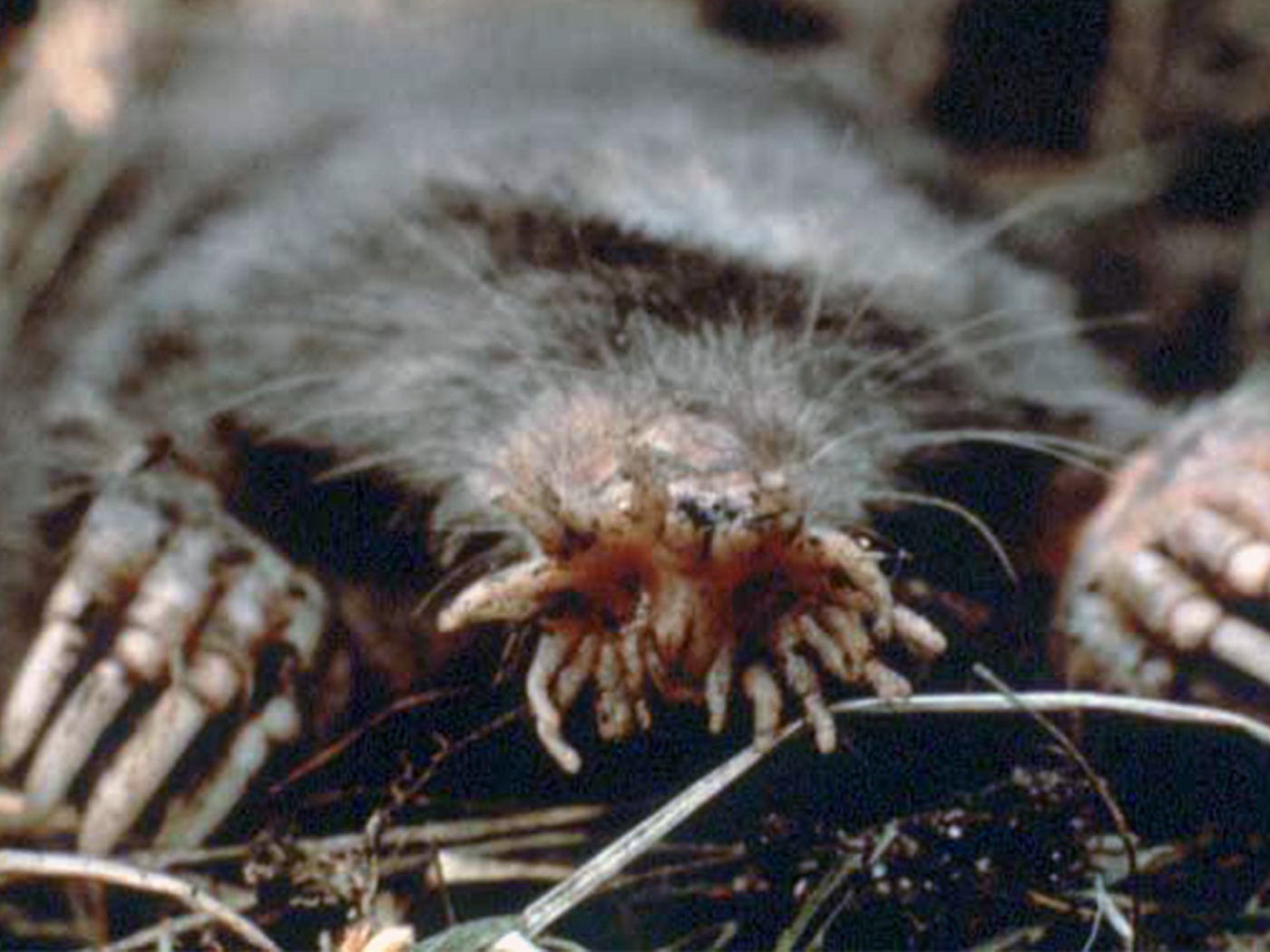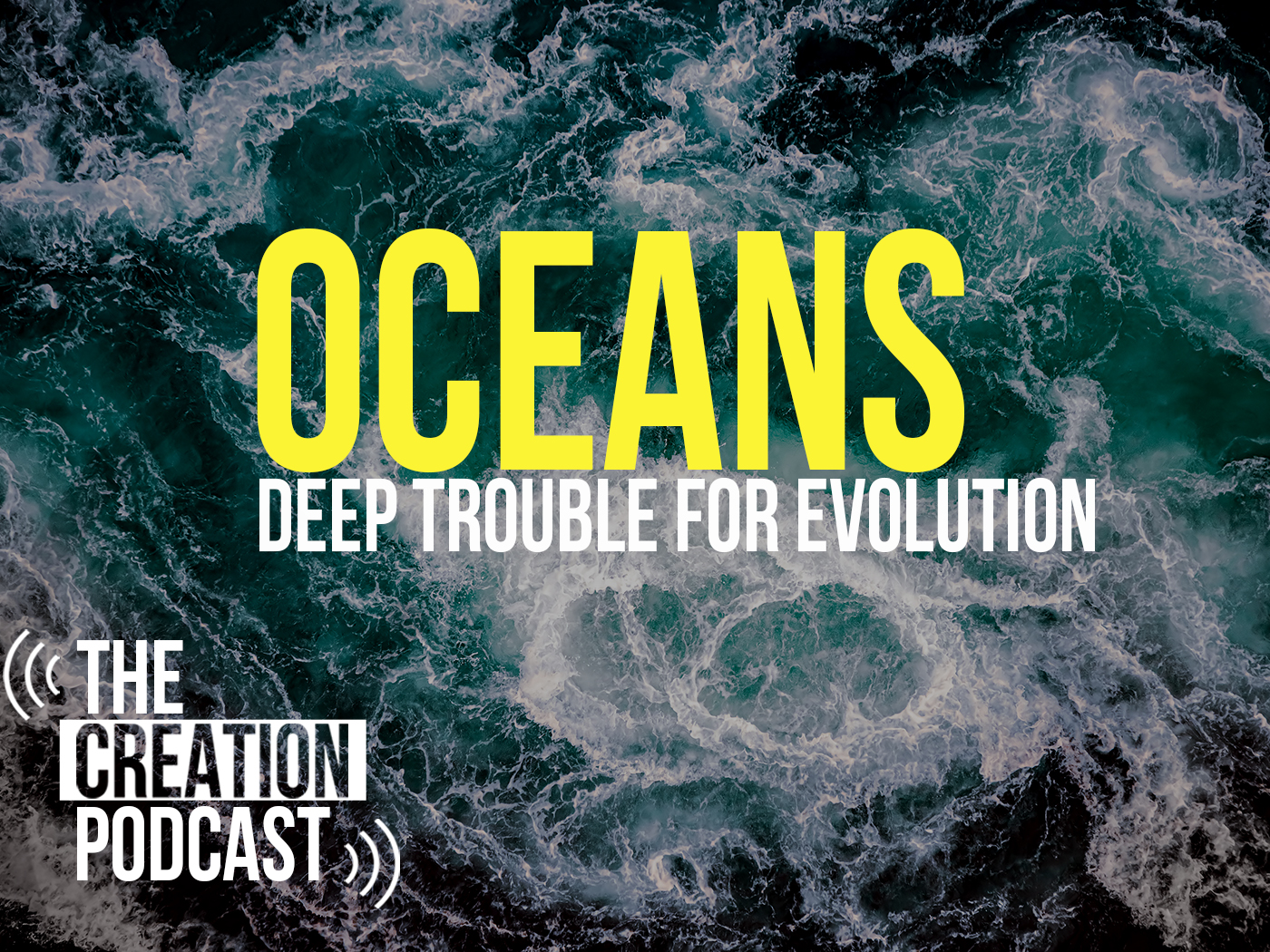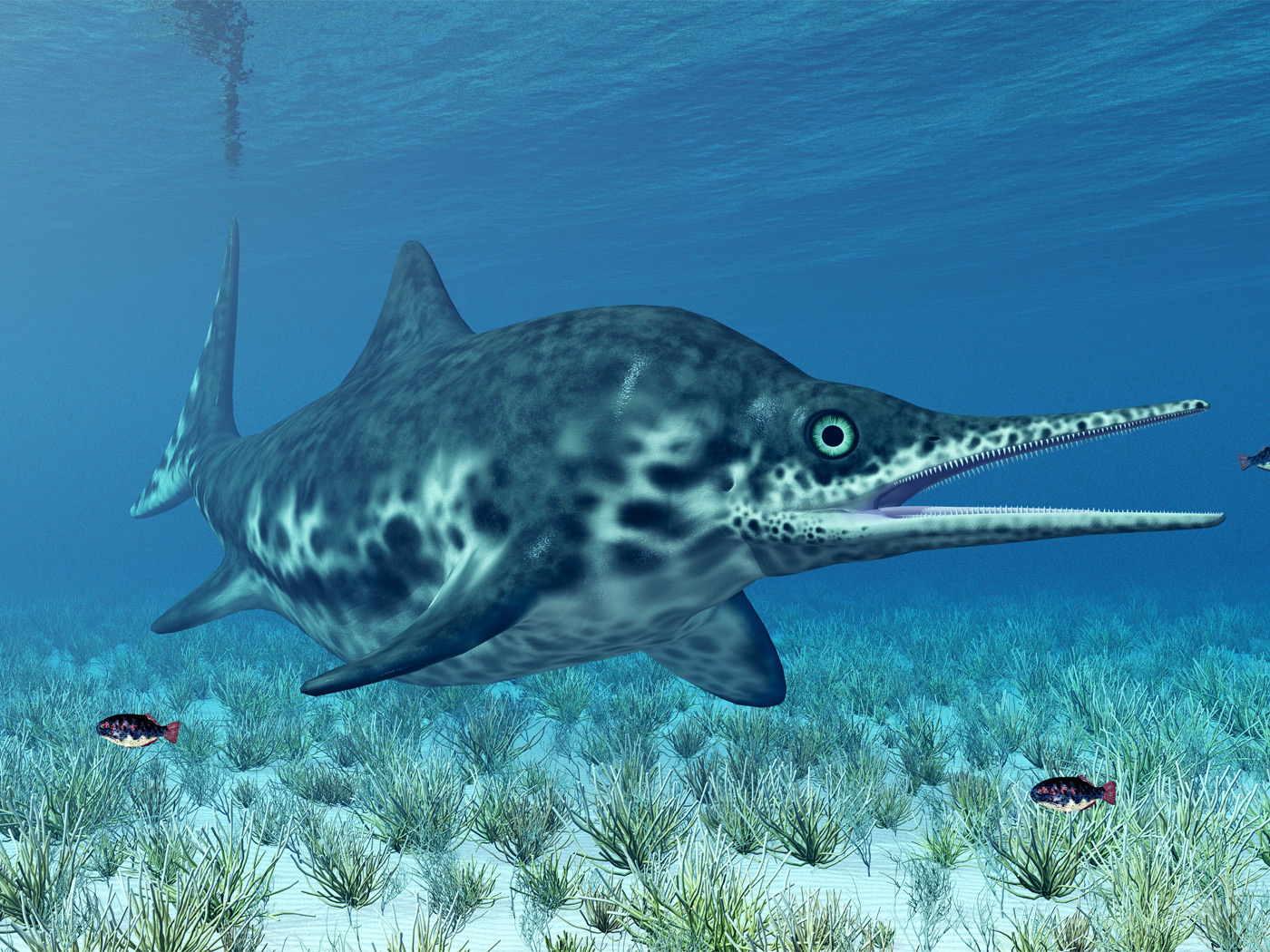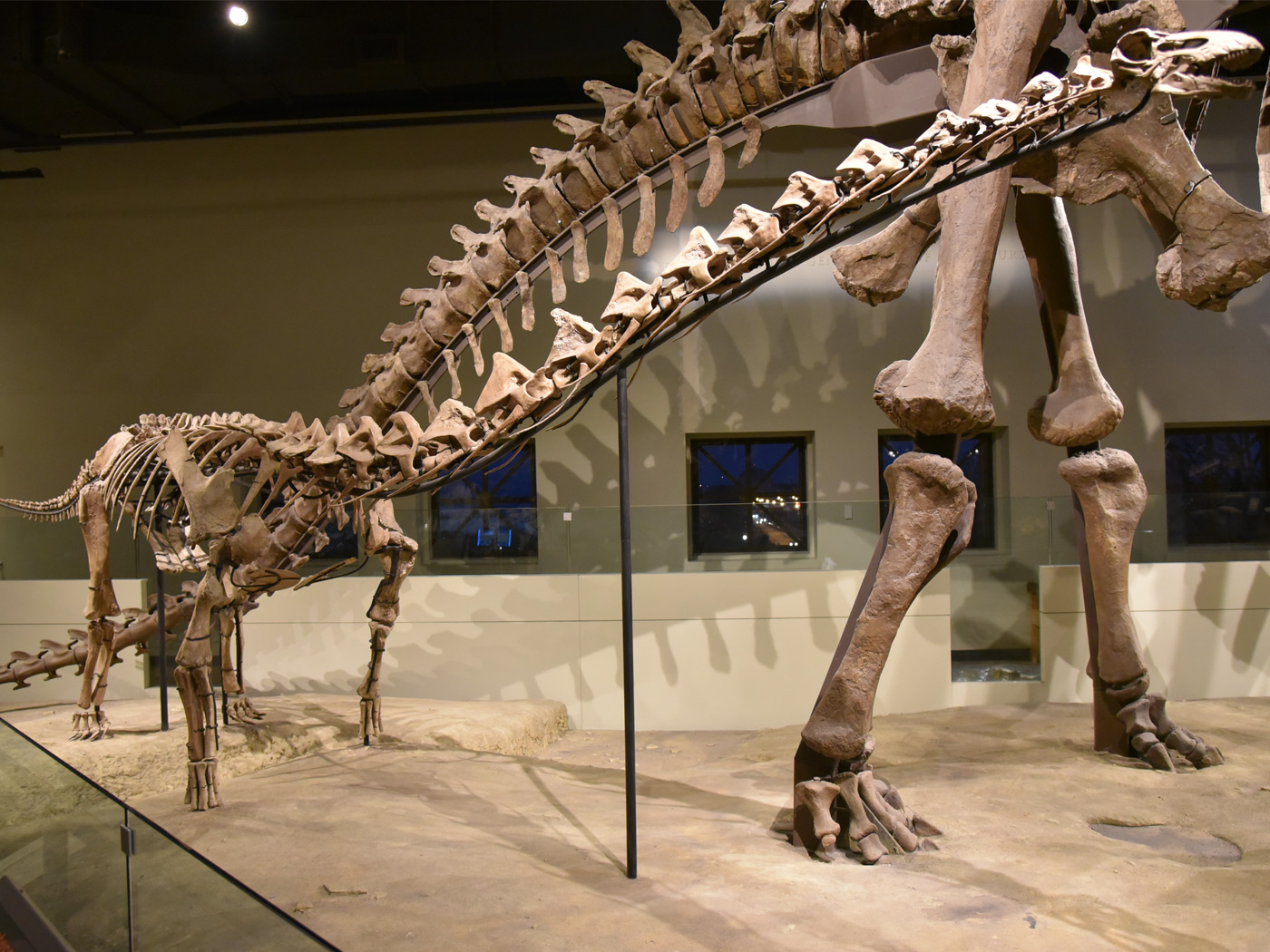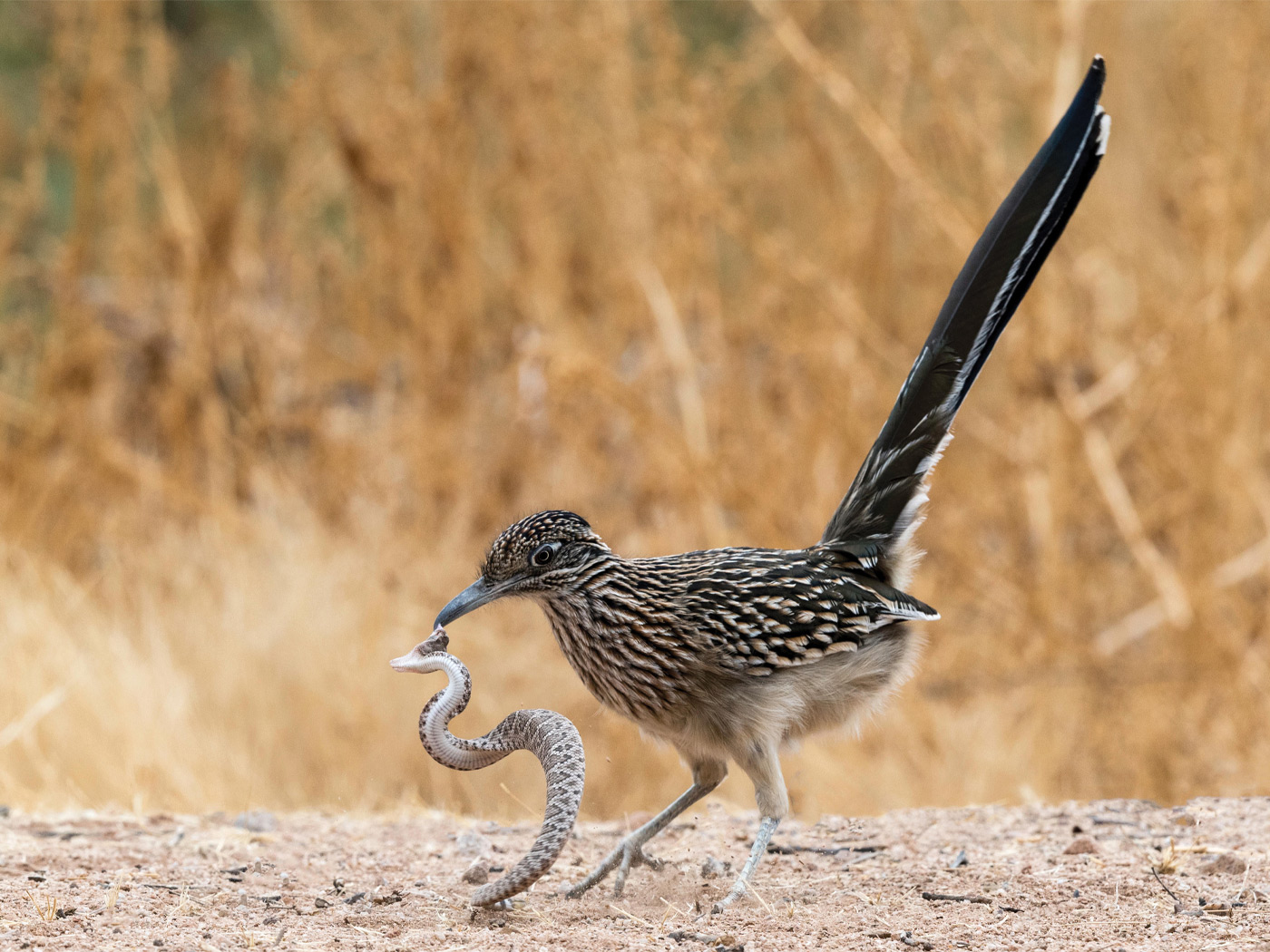The study, led by Florida Atlantic University’s Harbor Branch Oceanographic Institute, is the first to analyze the relationship between group behaviors, group type, group dynamics, and kinship in beluga whales. Findings, just published in Scientific Reports, reveal several unexpected results. Not only do beluga whales regularly interact with close kin, including close maternal kin, they also frequently associate with more distantly related and unrelated individuals.1
MtDNA-microsatellite profiling combined with relatedness and network analysis revealed, contrary to predictions, that most social groupings were not predominantly organized around close maternal relatives. They comprised both kin and non-kin, many group members were paternal rather than maternal relatives, and unrelated adult males often traveled together.2
MtDNA-microsatellite profiling combined with relatedness and network analysis revealed, contrary to predictions, that most social groupings were not predominantly organized around close maternal relatives. They comprised both kin and non-kin, many group members were paternal rather than maternal relatives, and unrelated adult males often traveled together.2
Darwinists routinely assume that animals prioritize befriending and bonding with those whose genetic identities are closest, because Darwinists assume that animal friendships are ultimately “selfish” and aimed at preserving common genes at the populational reproductive level.3
Evolutionary explanations for mammalian sociality typically center on inclusive-fitness benefits of associating and cooperating with close kin, or close maternal kin.2
Thus, if the Darwinists’ predictions were correct, then beluga whales would gregariously associate with their closest of kin, such as siblings who share the same matrilineal ancestry (as indicated by mitochondrial DNA). But the observed belugas refuse to limit their close friendships to those who are genetically their closest kin.
“Unlike killer and pilot whales, and like some human societies, beluga whales don’t solely or even primarily interact and associate with close kin. Across a wide variety of habitats and among both migratory and resident populations, they form communities of individuals of all ages and both sexes that regularly number in the hundreds and possibly the thousands,” said O’Corry-Crowe. “It may be that their highly developed vocal communication enables them to remain in regular acoustic contact with close relatives even when not associating together.”1
So, forget about evolutionary theory making sense of beluga whale behaviors. Maybe if we are serious about understanding whale behavior, it would be better to focus on actual scientific observations in the real-world—such as actual observations of how beluga whales communicate with each other as they travel from ocean to ocean.4
Whales are social creatures, so they congregate, traveling in pods that vary in size. ... Also, as social animals, they communicate to each other, even over very long distances. In short, they sing underwater—projecting their oceanic songs for miles. Whale-song combines a non-random mix of unusual pulsed calls and other noises: whistles, clicks, buzzing, feline-like whining, rasping, belching, high-pitched screeching, groans, moaning, squeak-like yelping, screaming, squawking, thunderous snoring, and more.5
As we study the real-world behaviors of these magnificent cetaceans, we are reminded how God loves variety, including the variety of huge marine mammals that circumnavigate the world’s oceans.
They that go down to the sea in ships, that do business in great waters; these see the works of the LORD, and His wonders in the deep.6
Meanwhile, it is clear that belugas are quite capable of forming social bonds without any help from Darwinist “inclusive fitness” principles. This is now demonstrated by analyzing microsatellite data from beluga whale populations, using mitochondrial DNA lineages to establish matrilineal kinships.
Beluga whale groupings (beyond mother–calf dyads) were not usually organized around close maternal relatives. The smaller social groups, as well as the larger herds, routinely comprised multiple matrilines. Even where group members shared the same mtDNA lineage, microsatellite analysis often revealed that they were not closely related, and many genealogical links among group members involved paternal rather than maternal relatives. These results differ from earlier predictions that belugas have a matrilineal social system of closely associating female relatives.1
Belugas are a lot smarter than we realize. Also, the social habits of beluga whales are much more complicated and detailed than the scientists ever imagined.
So much for Darwinist theory having predictive value for advancing empirical science research.
References
1. The Darwinist expectations did not match the empirical facts, yet the research team could not imagine a non-evolutionary explanation for the beluga behaviors. “Findings indicate that evolutionary explanations for group living and cooperation in beluga whales must expand beyond strict inclusive fitness arguments to include other evolutionary mechanisms.” Galoustian, G. 2020. Like Humans, Beluga Whales Form Social Networks Beyond Family Ties: Study First to Uncover the Role Kinship Plays in Complex Groupings and Relationships of Beluga Whales Spanning 10 Locations across the Arctic. Florida Atlantic University. Posted on fau.edu July 10, 2020, accessed July 14, 2020.
2. O’Corry-Crowe, G., R. Suydam, L. Quakenbush, et al. 2020. Group Structure and Kinship in Beluga Whale Societies. Scientific Reports. 10(1). DOI: 10.1038/s41598-020-67314-w
3. Hamilton, W. D. 1964. The Genetical Evolution of Social Behaviour, I & II. Journal of Theoretical Biology. 7(1): 1-52.
4. Johnson, J. J. S. 2018. Cetaceans’ Submarine Songfests: Norwegians and Americans Scrutinize Saltwater Serenades by Humpbacks, Bowheads, and Blue Whales. Nordic Legacy Series. Norwegian Society of Texas, Fort Worth, Texas; April 29, 2018. Christians should be amazed at God’s whales! See Sherwin, F. 2019. Genesis and the Oceans. Acts & Facts. 48(12): 15.
5. Johnson, J. J. S. 2020. Whale and Ship Collisions in Chesapeake Bay. Creation Science Update. Posted on ICR.org May 12, 2020, accessed July 14, 2020.
6. Psalm 107:23-24.
*Dr. Johnson is Associate Professor of Apologetics and Chief Academic Officer at the Institute for Creation Research.




